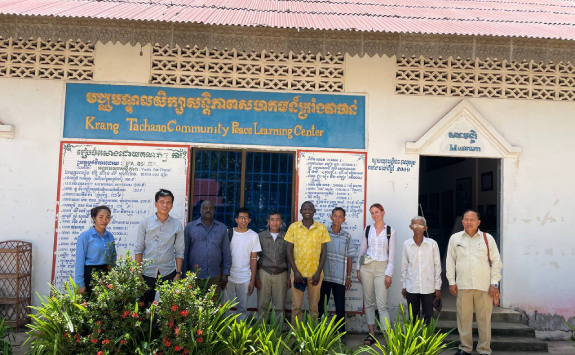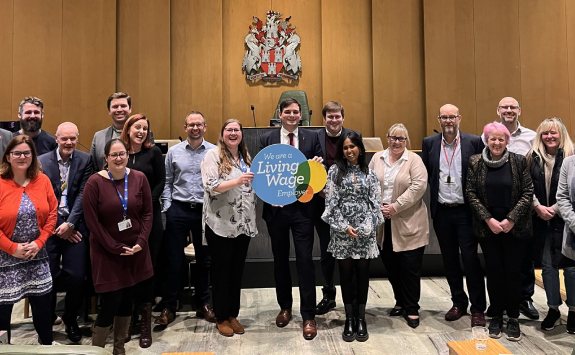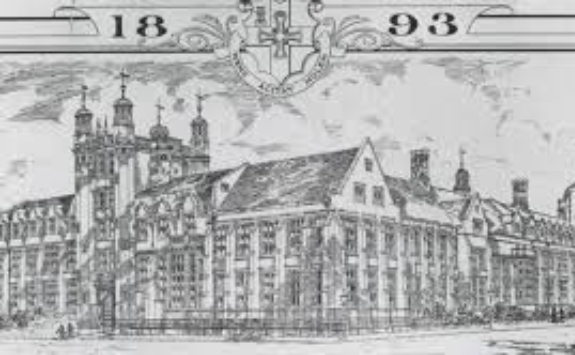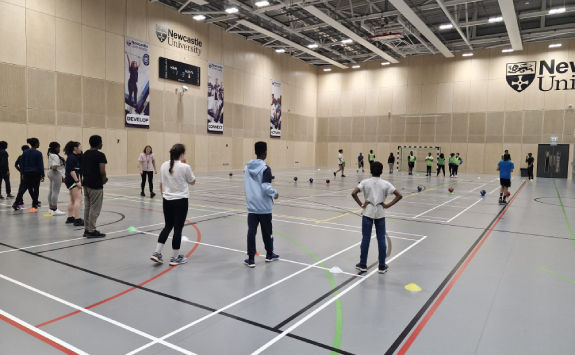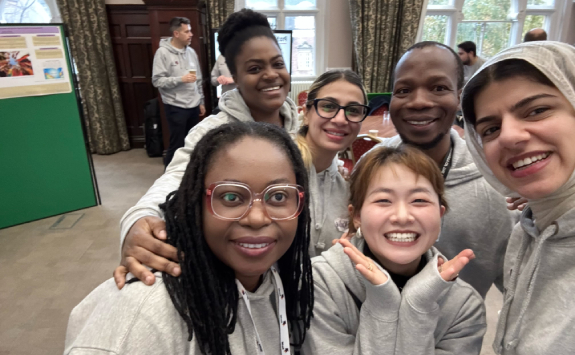Social Justice across the University
Our staff and students work towards social justice with external partners in a multitude of different ways. Initiatives include:
- student volunteering and employment placements
- community organising through our longstanding partnership with Citizens UK
- community outreach in sport
- initiatives to widen participation on our degrees
- exploration of our imperial histories and recent activism on campus
Our long term partnerships are mutually beneficial to our activities as a University and to progressing social justice locally and internationally.
Contributing to Social Justice through student placements
Newcastle University’s Careers Service identify opportunities for our students and graduates to gain insights and experience during their time with us. Social Justice themed placements and internships always attract high levels of interest from our student community, allowing them to work with our wider community and contribute vital work to their cause.
Just one example is provided by internships with Changing Lives, a nationwide charity that provides support to those facing major challenges in life. Abby Christie, Senior Fundraising Manager for Changing Lives explains how our students make a difference:
“Changing Lives has worked closely with NCL Internships over the last couple of years. We have been lucky to have some talented students who have brought with them a wealth of enthusiasm, energy and fresh ideas to support our work to improve lives for thousands of people facing homelessness, domestic violence, long-term unemployment and those in recovery. The interns were extremely professional and produced work to a high quality while giving us a different angle and viewpoint. It has helped us to achieve our goals and implement projects that will change lives, for the better.”
In 2024 we celebrated the achievements of our students in the workplace which saw our ‘Student Worker of the Year’ award go to a placement year student with Citizen’s Advice Gateshead, who not only added value through advice delivery, campaigning and developing a more inclusive office environment, but also to research and campaigns work that contributed to reversing local spending cuts on homeless support provision.
Many other organisations benefit through connecting with our student community, from getting involved with our curricula, to being a panellist at career insights events, to hosting volunteers, interns, or placement year students.
